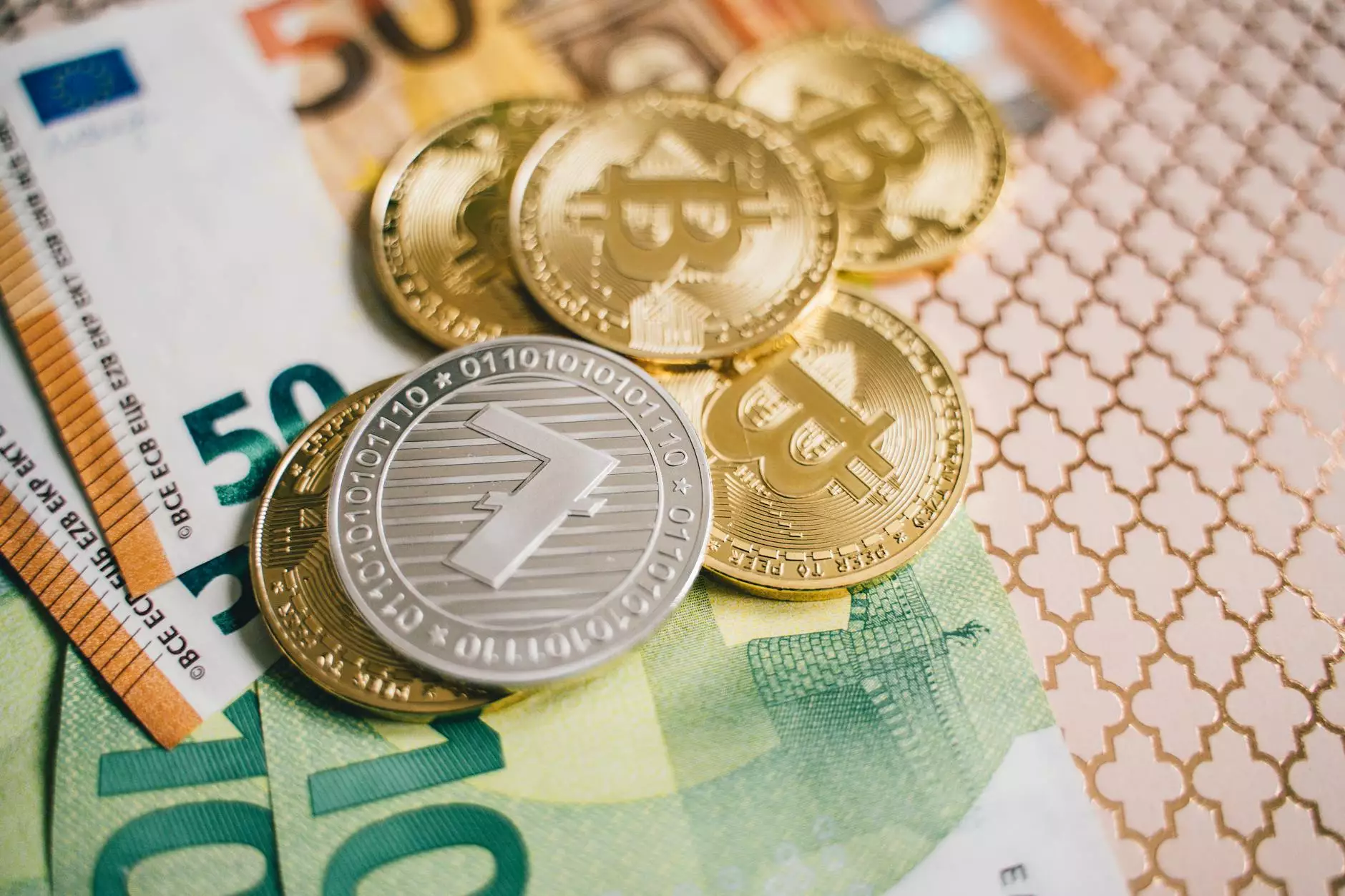Unlocking Potential: Thriving in Crypto Trading Competitions

In recent years, crypto trading competitions have surged in popularity, offering traders of all levels an opportunity to showcase their skills, gain valuable experience, and win impressive prizes. These competitions not only provide a platform for traders to demonstrate their proficiency in the volatile cryptocurrency market but also foster a sense of community among participants. Whether you are a seasoned trader or a beginner eager to dive into the world of crypto, understanding the dynamics of these competitions can significantly enhance your trading journey and strategies.
The Rise of Crypto Trading Competitions
As the cryptocurrency market continues to evolve, so does the way traders engage with one another. Crypto trading competitions have become a vital part of this ecosystem. Here's why:
- Engagement: Competitions create excitement and engagement among traders, incentivizing them to improve their strategies.
- Learning Experience: Participation often comes with a learning curve, allowing traders to gain insights from more experienced competitors.
- Community Building: These events foster a sense of camaraderie and community within the crypto space, enabling folks to share experiences and strategies.
Types of Crypto Trading Competitions
When it comes to crypto trading competitions, there are various formats and structures. Here are the most common types:
- Paper Trading Competitions: These competitions allow traders to participate without risking real funds. They use virtual currency to simulate trading conditions.
- Real Money Competitions: Traders compete using real funds, which adds a layer of risk and excitement. These competitions often have higher stakes.
- Strategy Competitions: Participants are judged based on a specific trading strategy or set of parameters, making this a more analytical approach to competitions.
- Speed Trading Competitions: These time-based challenges focus on executing trades as quickly as possible, testing traders’ reflexes and decision-making skills.
How to Prepare for Crypto Trading Competitions
Preparing for a crypto trading competition requires a combination of strategy, technical knowledge, and analytical skills. Here are essential steps to help you gear up:
1. Understand the Rules
Before entering any competition, it is crucial to thoroughly read and understand the rules. Different competitions can have various formats, scoring systems, and strategies that might be preferred. If you fail to adhere to the rules, you risk disqualification.
2. Research Market Trends
Knowledge is power, especially in trading. Make sure to conduct detailed research on market trends, historical data, and cryptocurrency events that could influence prices. Staying updated on news related to cryptocurrencies is fundamental for making informed decisions during the competition.
3. Develop a Trading Strategy
Crafting a solid trading strategy is paramount. Focus on aspects such as:
- Risk Management: Determine how much you are willing to risk per trade.
- Entry and Exit Points: Identify potential entry points based on analysis.
- Diversification: Avoid putting all your capital into one asset; diversify to minimize risks.
4. Practice with a Demo Account
If you are new to trading or want to refine your strategy, use demo accounts for practice. They provide a risk-free environment to test out your trading abilities without the fear of losing real money.
5. Join Community Forums
Engaging with community forums can provide insights into successful traders' mindsets and strategies. Joining these platforms helps you connect with like-minded individuals who share valuable tips and strategies for crypto trading competitions.
Strategies for Success in Crypto Trading Competitions
Once you've prepared, it's time to put your skills to the test. Here are some strategies for excelling in competitions:
1. Stay Focused During the Competition
The thrill of competition can lead to emotional decision-making. It's essential to stay calm, stick to your strategy, and avoid impulsive trades based on emotions or market noise. Make calculated decisions based on data and analysis.
2. Use Technical Analysis
Mastering the art of technical analysis is crucial for identifying market trends, support and resistance levels, and entry and exit points. Familiarize yourself with different indicators and chart patterns that can guide your trading decisions.
3. Timing is Everything
In the fast-paced world of crypto trading, timing can make or break your success. Learn to recognize the best times to enter and exit trades, and stay vigilant for market shifts that could affect your positions.
4. Keep Emotions in Check
The pressure of trading competitions can amplify emotions such as fear and greed. Developing a disciplined approach, and making decisions based on strategy rather than feelings, is vital for long-term success.
5. Review and Adjust your Strategy
After each competition, take the time to analyze your performance. Identify what worked, what didn’t, and make adjustments as necessary. Continuous improvement is key to becoming a successful trader in competitions.
Conclusion
Participating in crypto trading competitions can be an exhilarating and educational experience. With the right preparation and strategy, traders can elevate their skills and possibly earn substantial rewards. Remember to approach these competitions with a mindset of growth, and treat every experience as an opportunity to sharpen your trading abilities.
As you embark on this journey, keep in mind the lessons learned from each competition. With time and continuous effort, you can thrive in the dynamic landscape of crypto trading while staying connected with the vibrant community that supports it. The future of trading in the crypto space is bright, and with the right tools and strategies, you can forge your path to success.
Additional Resources
To further assist you in your crypto trading journey, consider exploring the following resources:
- IT Services & Computer Repair
- Financial Services
- Financial Advising






